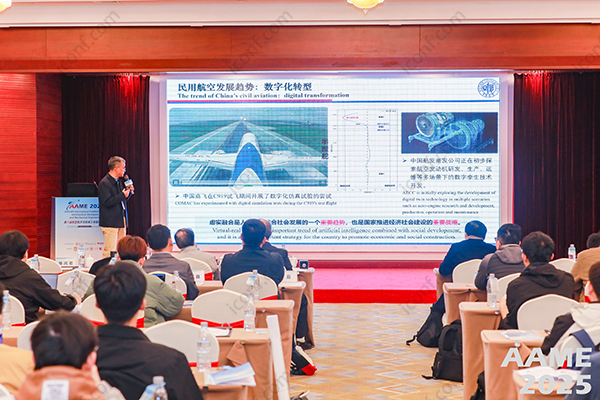

269 views||Release time: Aug 05, 2025
In today’s fast-growing academic landscape, conferences are everywhere. While some offer valuable networking, exposure, and learning opportunities, others may fall short or even damage your academic credibility. So how can you tell if a conference is worth your time and investment?

A reliable first step is to investigate who is behind the event. Reputable academic conferences are typically organized by established universities, professional societies, or recognized research institutions. Look for transparency in the organizing team’s credentials, affiliations, and past event history. Avoid conferences with vague or anonymous committees.
Legitimate conferences maintain a peer-review process for paper submissions. If the review timeline is too short, or if all papers are seemingly accepted without rigorous evaluation, it may be a red flag. A genuine academic event emphasizes quality over quantity and ensures each submission goes through proper scrutiny.
A well-established conference often has a track record of previous editions, keynote speakers, and attendee feedback. You can find past event programs or proceedings online. If the event is new, check whether the theme and scope align with current trends in your field and whether it has support from credible partners.
A professional website with clear information on schedules, submission deadlines, keynote speakers, and registration fees is a good indicator of a well-managed event. Frequent grammatical errors, unclear formatting, or overly commercial language can suggest low credibility. Legitimate conferences also respond promptly and professionally to inquiries.
Many conferences promise publication in reputable journals or indexing in major databases like Scopus or EI. Always cross-check such claims on the official journal or indexing platform. Misleading promises of publication are a common tactic used by predatory conferences to lure submissions.
High fees with limited academic value may indicate a profit-driven event. Analyze what the registration includes — such as meals, workshops, proceedings access, or travel support. Additionally, if the location is overly touristy without academic justification, it might be more about attracting visitors than fostering scholarship.
Ask colleagues or academic mentors about their experiences. Online academic forums, LinkedIn groups, and researcher communities often share insights about upcoming events. Getting a second opinion can save time and prevent disappointment.
Before committing to any academic conference, take time to thoroughly evaluate its quality. For researchers and scholars looking for well-curated academic conferences, iconf.com offers a selection of high-quality events across disciplines, ensuring your academic efforts lead to genuine growth.
Stay informed, stay selective — and make your academic journey truly worthwhile.